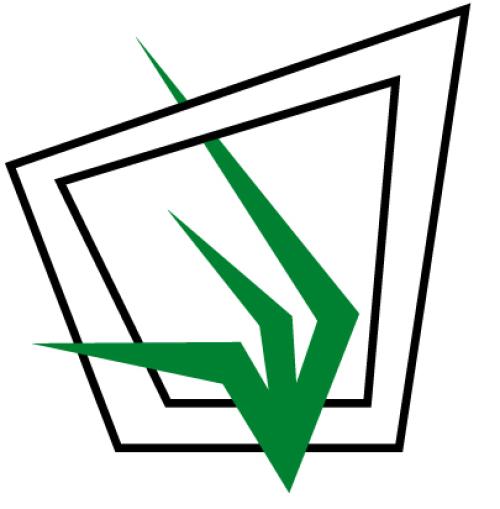Commonage is land that is usually found adjacent to a town, which is owned by the local municipality and acquired through state grants or, historically, through the church. Since the new government dispensation in 1994, poor and previously disadvantaged residents have acquired access rights to commonage for agricultural purposes. Through the Department of Land Affair's Commonage Programme, local municipalities are acquiring more commonage land for purposes of agriculture and grazing livestock. Commonages are increasingly being recognised as an important livelihood asset for the poor and unemployed residents' of towns and rapid urbanisation is contributing to the increasing use of commonage for livelihood provisioning. Some municipalities view commonage as a key asset to promote Local Economic Development, while others are finding it difficult to manage the land effectively, to the extent that some analysts see tragic ecological consequences occurring due to over-grazing. This has been likened to the"tragedy of the commons" as advocated by Hardin in 1968. Commonage and common property resource systems have many similarities and co-management has been advocated as a potential management regime for commonage. Researching the policy framework, institutional structures and management bodies involved in commonage, gave a better understanding of the governance and management of the commonages in Grahamstown, Fort Beaufort and Bathurst. Current management attempts are not ensuring the efficient, equitable and sustainable use of these commonages. The governance framework is not adequately supporting proper management. In an environment of resource-poor institutional bodies, adaptive co-management could prove to be the most effective system to ensure the sustainable use and development of this natural resource. Furthermore, commonage is no longer contributing to the Land Reform Programme. Commonage should be better integrated into agrarian reform through lease schemes and an efficient Emerging Farmer Programme.

Journal articles from the Grassland Society of Southern Africa (GSSA) African Journal of Range and Forage Science as well as related articles and reports from throughout the southern African region.